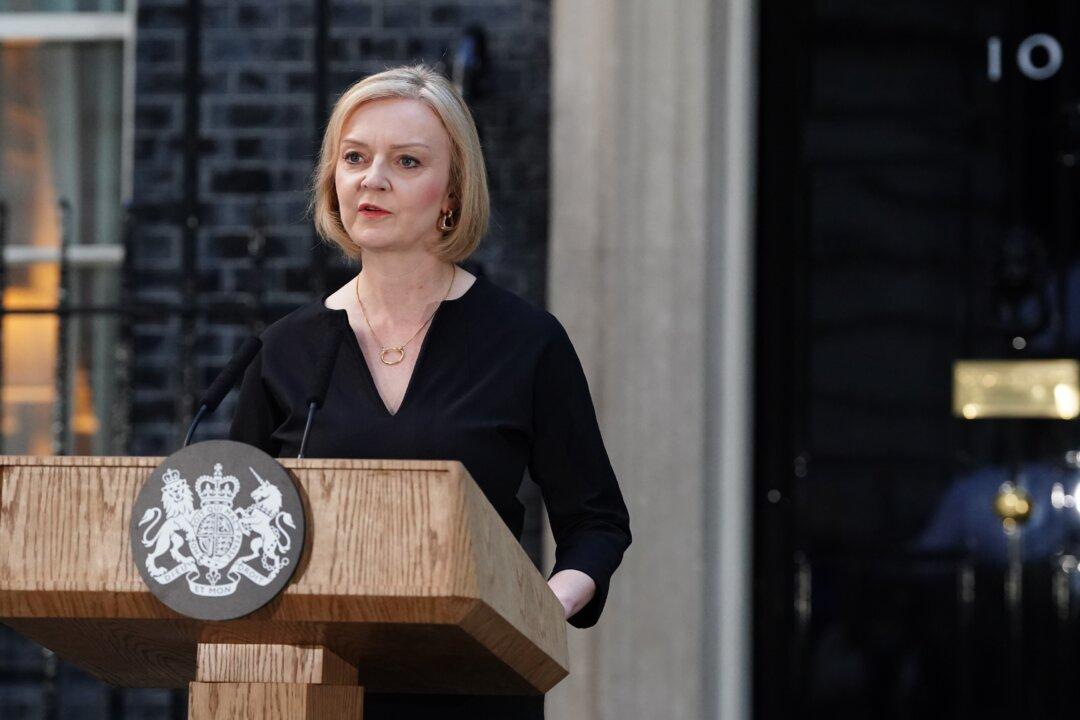The UK’s new prime minister Liz Truss on Monday made a dramatic u-turn on plans to cut taxes for the highest earners following backlash over the decision that prompted major market turmoil
Chancellor of the Exchequer Kwasi Kwarteng announced the scrapping of the plan on Twitter early Monday and said it was clear that reducing the 45 percent rate of income tax on high earners had become a “distraction.”




